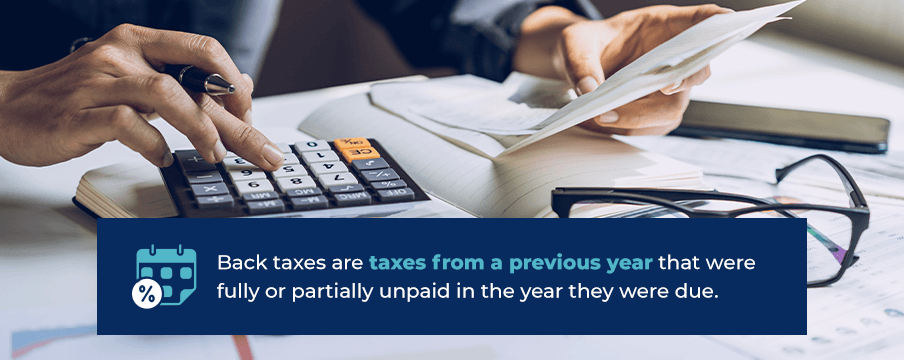We Can Help Solve Your Back Tax Issues
Our tax experts at BC Tax are licensed enrolled agents with the experience and expertise to help you find the best course of action. Whether it’s to apply for an offer in compromise or an extension, contact our professionals today so we can evaluate your situation and possible options.

 1-800-548-4639
1-800-548-4639
